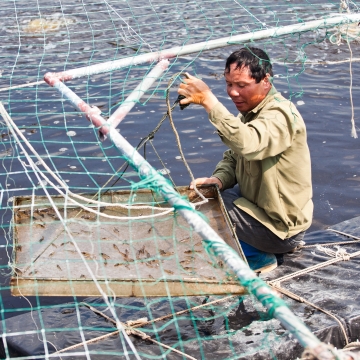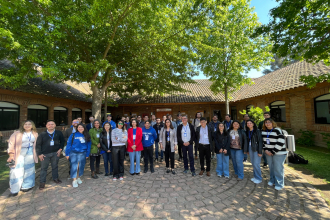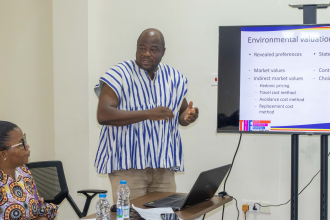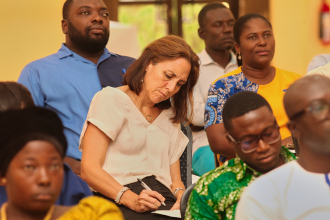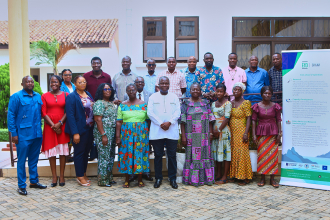Poverty and gender perspectives in marine spatial planning: Lessons from Kwale County in coastal Kenya
Abstract: Kenya, like many other countries, is increasingly relying on a Blue Economy approach to ensure its sustainable development, an approach founded on the premise of poverty eradication by providing sustainable livelihoods and decent work, supplying food and minerals, generating oxygen, absorbing greenhouse gases, mitigating the impacts of climate change, and serving as highways for sea-based international trade.
